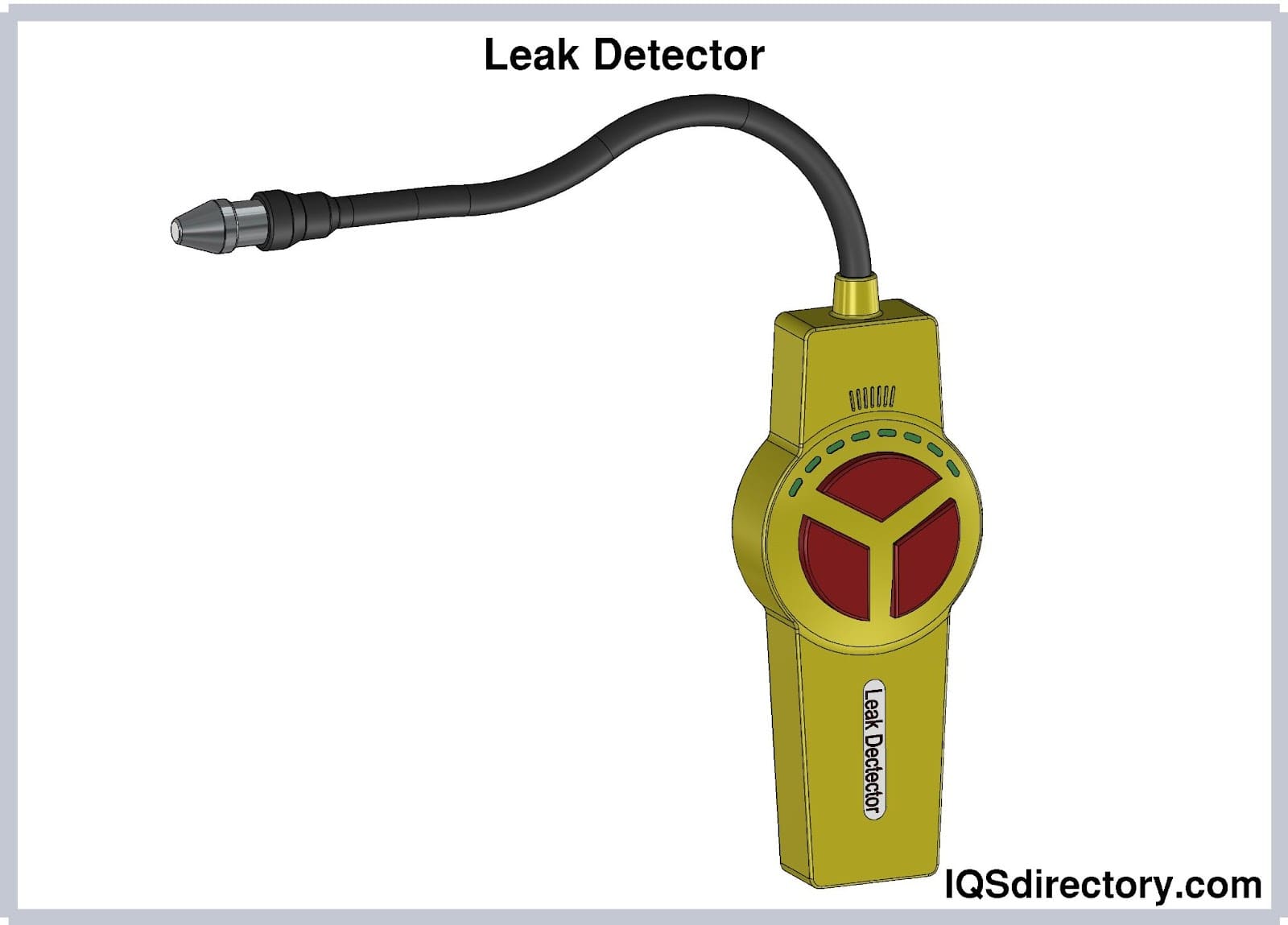Anyone can enjoy the relaxing activity of cultivating their own organic gardening. But, when a person begins organic gardening, the various challenges of gardening can seem insurmountable.How then should someone who does not have any experience of growing plants?Read the information provided below, and follow the helpful advice.
If you want to start a small organic garden indoors, the first thing you should consider is an adequate light source. If you live somewhere without strong natural sunlight, think about cultivating plants that do well in lower lighting situations. You could also consider using artificial lighting to help.
Keep your gardening tools handy to work more efficiently.
After your seeds have sprouted, they require less warmth than they did prior to sprouting. Watch your seeds so you can know when you do this.
Pine mulch so do not discard the right conditions. Cover soil beds with a few inches of pine needles, they will release acid into the soil and nourish your plants.
When you are growing seedlings in your organic garden, try lightly petting your seedlings — either with the palm of your hand or something like a sheet of cardboard — once or twice each day. While it seems a little odd, research has shown that this method can increase the size of your plants.
Fill it with beer almost entirely. Slugs will be attracted by the beer and become trapped in the jar.
Treated Wood
Create a raised bed for your garden out of stone, brick or untreated wood.Choose a wood that is naturally resistant to rot and does not contain any chemicals. Some good choices you might consider are locust, cypress, and cedar.In order to avoid toxic substances from getting into the ground and perhaps into your vegetables, don’t use treated wood since its chemicals can leech into the food crops and soil.If your existing garden structure contains treated wood, line your beds with plastic.
If you’re planning on selling crops to people and labeling them as organic, you should get an organic garden certified seal. This will up your sales and prove to your loyal customers that they are getting the best possible food that is grown.
Adjust your watering according to season and climate. For instance, if you are in a warm and humid climate, you should not water the leaves because it will encourage leaf fungus.
Add mulch to keep your garden to improve the vitality of the soil. Mulch acts as a protective covering for the soil it covers. Mulch will keep the soil at an ideal temperature and protect your roots.It helps the soil from losing it’s moisture in the hot sunlight. This is also help control the weeds.
When you are buying seedlings for tomatoes, keep an eye on lush green starts with root systems that are bad. These starts will stick to the seedlings for quite some time, hindering the growth of the seedling as long as they are present.
Botanical Insecticides
Research botanical insecticides which can be useful in ridding your garden of pests. Natural insecticides are often more powerfully than synthetic pesticides. However, because botanical insecticides are biological, which makes them disappear more quickly.
Hopefully, the reasons for organic gardening’s wide appeal are now clear. Growing a garden the right way is a rewarding and relaxing experience. These tips will help you get your organic garden started.


